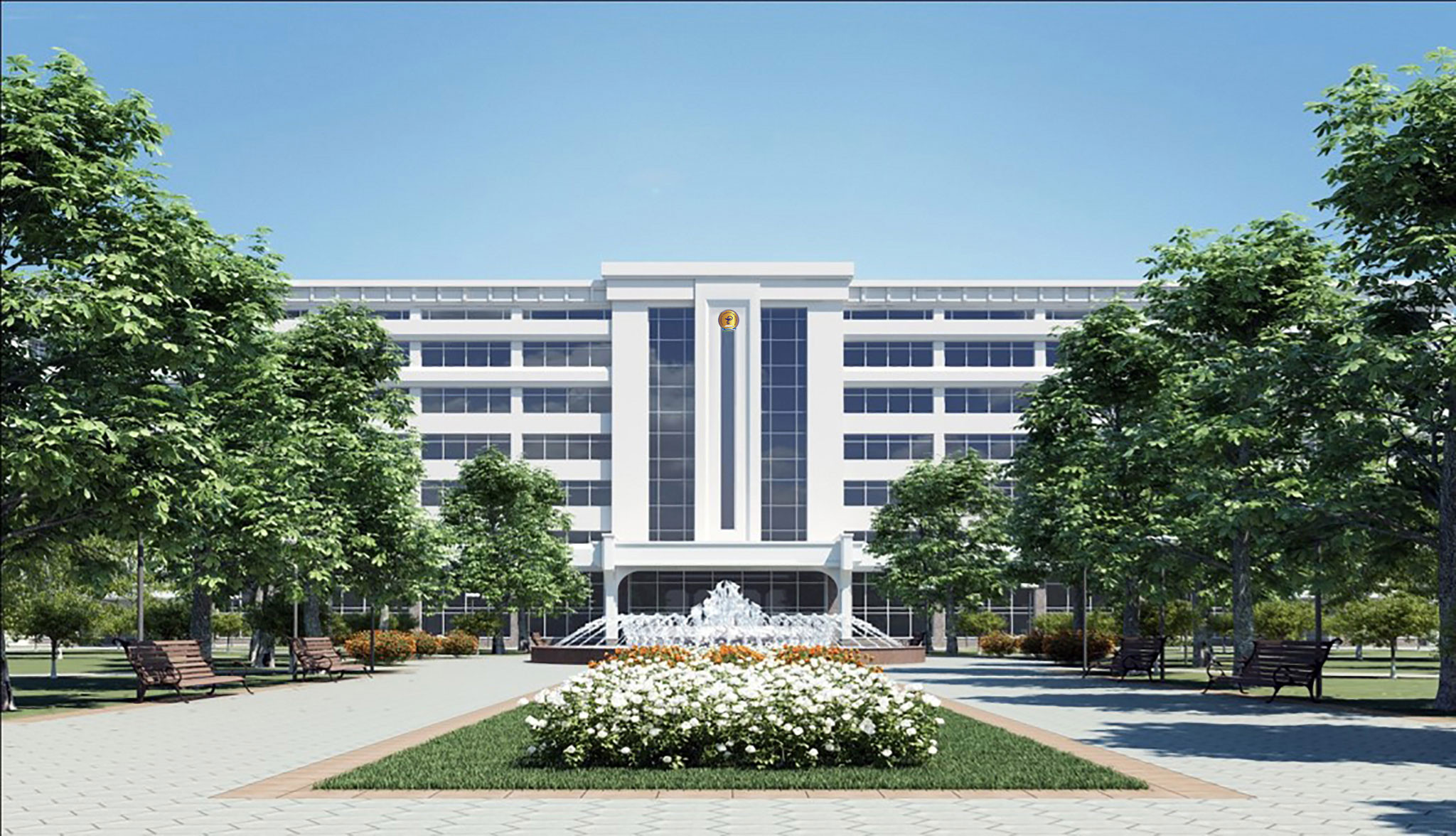
Tashkent Medical University
University Type
: GOVT
University Grade
: A+
Estd. Year
: 1920
Tuition Fee
: 4,85,000 INR
Accommodation Fee
: 1,20,000 INR
Description
Embarking on the pursuit of an MBBS degree overseas, Tashkent Medical Academy (TMA) in Uzbekistan emerges as a compelling prospect for Indian aspirants. Replete with accreditation from venerated international bodies such as the National Medical Commission (NMC) of India and the World Health Organization (WHO), TMA assures the global validity of its medical degree, a sine qua non for aspiring practitioners seeking to serve in their homeland post-graduation. Its standing as a pre-eminent medical institution within Uzbekistan further bolsters its appeal.
The academic architecture of TMA’s MBBS program spans six years, encompassing a mandatory year-long internship, meticulously aligning with the stipulations set forth by the NMC for foreign medical graduates. A salient advantage for students hailing from India lies in the fact that the lingua franca for instruction within the MBBS curriculum is English. This obviates the exigency of acquiring proficiency in a novel foreign tongue for academic engagement, thereby enabling a more concentrated focus on the intricacies of medical science. The university prides itself on a distinguished faculty and contemporary infrastructure, featuring state-of-the-art practical skills centers and well-equipped training laboratories, fostering a holistic and immersive learning milieu. Furthermore, TMA’s collaborative affiliations with globally renowned institutions, such as Seoul University and Humboldt University, present invaluable avenues for international exposure and research endeavors.
Prospective Indian students aspiring for ingress into TMA’s MBBS program must adhere to specific eligibility prerequisites: a successful completion of higher secondary education (10+2 or equivalent) with Physics, Chemistry, and Biology as core disciplines, achieving a minimum aggregate score of 50% for the general cohort and 40% for reserved categories. Crucially, qualification in the National Eligibility cum Entrance Test (NEET) is mandatory, necessitating a valid scorecard from the current or preceding two academic years. Additionally, applicants typically need to be within the age bracket of 17 to 25 years at the time of admission.
The admission protocol at TMA is generally transparent and navigable: initial application necessitates the meticulous completion of an online form, accessible via the university’s official portal or through authorized educational consultancies. This is followed by the submission of digitized copies of essential documents, including academic transcripts, NEET certification, and a valid passport, often requiring notarization and translation. Upon meticulous verification of these credentials, successful candidates receive an official offer letter. Confirmation of admission entails the remittance of the first year’s tuition fees as stipulated by the university. Subsequently, the final stage involves the application for an Uzbek student visa, contingent upon the offer letter and other requisite documentation.
TMA boasts a contemporary campus equipped with essential amenities, including advanced scientific laboratories, comprehensive libraries, and extensive sports facilities. The university provides on-campus residential facilities for its international student body, ensuring a secure and conducive living environment. Accommodation typically entails segregated arrangements for male and female students. Anecdotal evidence suggests that while initial years might involve on-campus residency, subsequent clinical years might necessitate relocation to accommodations proximate to affiliated hospitals across Tashkent.
Tashkent, the vibrant capital of Uzbekistan, presents a confluence of traditional and contemporary cultural experiences. As an international student, immersion in this novel cultural tapestry is inevitable. TMA actively promotes extracurricular engagements, encompassing sporting and cultural events, to facilitate student integration and foster a well-rounded sojourn. While Uzbek and Russian are the predominant vernaculars in Tashkent, English serves as the pr
